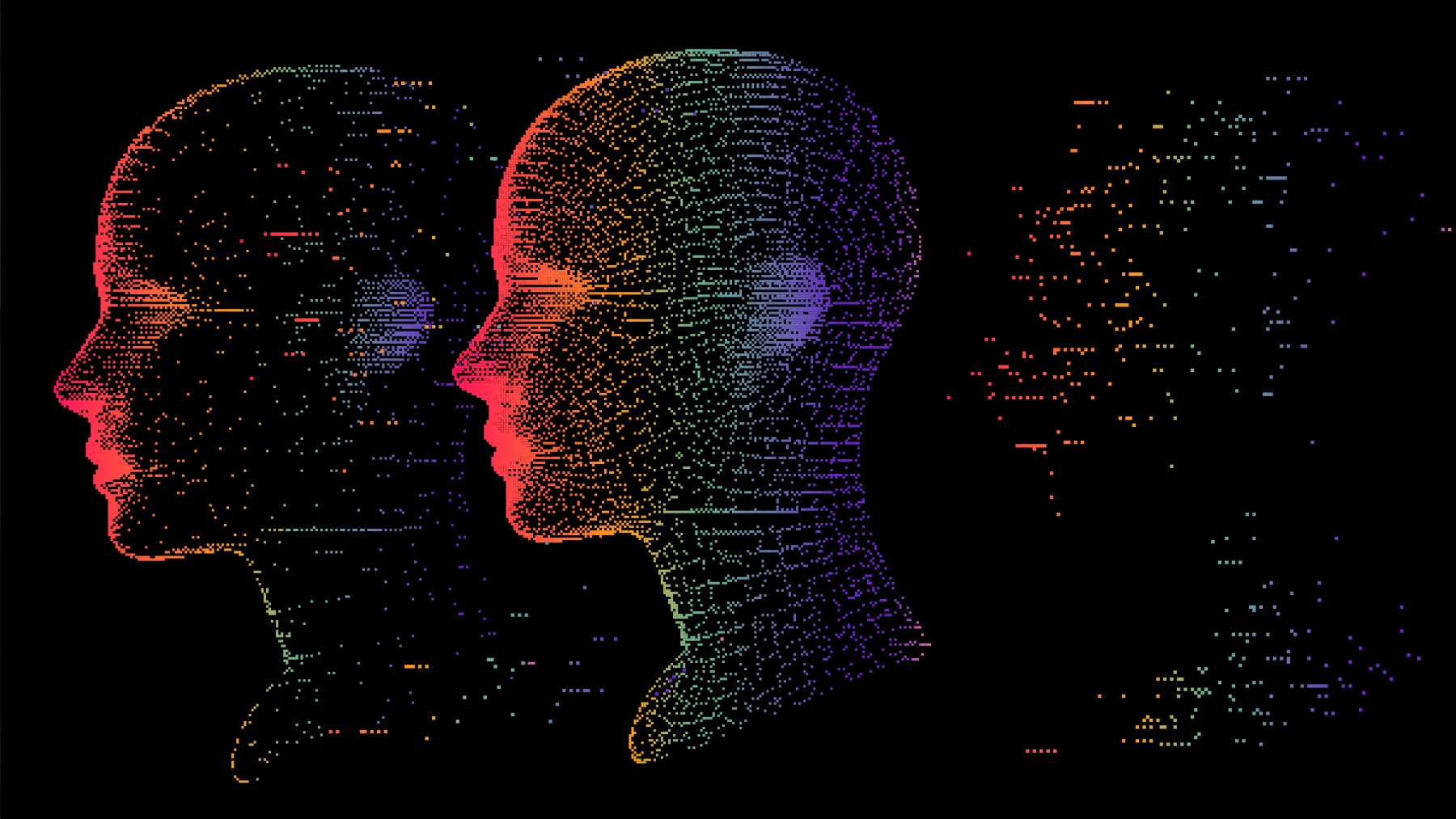
The UK, US, EU and China have all agreed that artificial intelligence poses a potentially catastrophic risk to humanity, in the first international declaration to deal with the fast-emerging technology.
Twenty-eight governments signed up to the so-called Bletchley declaration on the first day of the AI safety summit, hosted by the British government.
The declaration does not agree to set up an international testing hub in the UK, as some in the British government had hoped. But it does provide a template for international collaboration in the future, with future safety summits now planned in South Korea in six months’ time and in France in a year.
The declaration says: “There is potential for serious, even catastrophic, harm, either deliberate or unintentional, stemming from the most significant capabilities of these AI models.”
Rishi Sunak, the British prime minister, welcomed the declaration, calling it “a landmark achievement that sees the world’s greatest AI powers agree on the urgency behind understanding the risks of AI”.
Michelle Donelan, the UK technology secretary, told reporters: “For the first time we now have countries agreeing that we need to look not just independently but collectively at the risks around frontier AI.”
Frontier AI refers to the most cutting-edge systems, which some experts believe could become more intelligent than people at a range of tasks. Speaking on the sidelines of the summit, the technology billionaire Elon Musk warned: “For the first time, we have a situation where there’s something that is going to be far smarter than the smartest human … It’s not clear to me we can actually control such a thing.”
The communique marks a diplomatic success for the UK and for Sunak in particular, who decided to host the summit this summer after becoming concerned with the way in which AI models were advancing rapidly without oversight.
Donelan opened the summit by telling her fellow participants the development of AI “can’t be left to chance or neglect or to private actors alone”.
She was joined onstage by the US commerce secretary, Gina Raimondo, and the Chinese vice-minister of science and technology, Wu Zhaohui, in a rare show of global unity.
China signed the declaration, which included the sentence: “We welcome the international community’s efforts so far to cooperate on AI to promote inclusive economic growth, sustainable development and innovation, to protect human rights and fundamental freedoms, and to foster public trust and confidence in AI systems to fully realise their potential.”
Wu told fellow delegates: “We uphold the principles of mutual respect, equality and mutual benefits. Countries regardless of their size and scale have equal rights to develop and use AI.”
So far, however, there is little international agreement over what a global set of AI regulations might look like or who should draw them up.
Some British officials had hoped other countries would agree to beef up the government’s AI taskforce so that it could be used to test new models from around the world before they are released to the public.
Instead, Raimondo used the summit to announce a separate American AI Safety Institute within the US National Institute of Science and Technology, which she called “a neutral third party to develop best-in-class standards”, adding that the institute would develop its own rules for safety, security and testing.
Earlier this week, the Biden administration released an executive order on AI requiring US AI companies such as OpenAI and Google to share their safety test results with the government before releasing their AI models. Later on Wednesday, Kamala Harris, the vice-president, will give a speech on AI in London in which she will talk about the importance of regulating existing AI models as well as more advanced ones in the future.
Meanwhile the EU is in the process of passing an AI bill, which aims to develop a set of principles for regulation, as well as bringing in rules for specific technologies such as live facial recognition.
Donelan suggested the government would not include an AI bill in the king’s speech next week, saying: “We need to properly understand the problem before we apply the solutions.”
But she denied the UK was falling behind its international counterparts, adding: “We have called the world together – the first ever global summit on AI at the frontier – and we shouldn’t minimise or overlook that.”
Learn more:
Believe The Hype. Everything You Need to Know About AI
Like the internet back in 1993, AI is still in its infancy. It’s impossible to predict exactly where it will take us, but things are developing quickly and in many incredible ways, writes Imran Amed.



